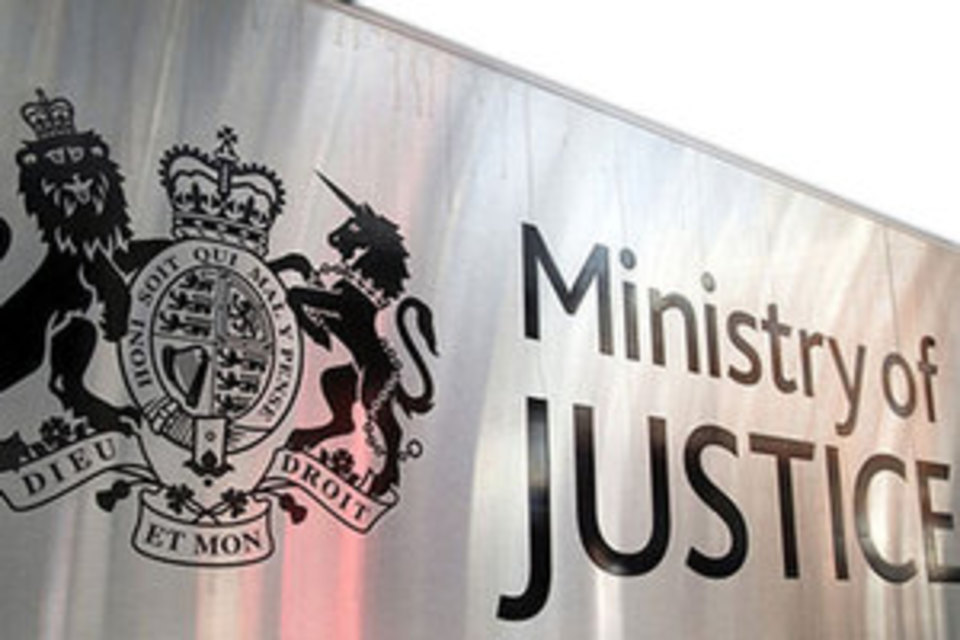Residents in the likes of the Isle of Man, the Channel Islands and Bermuda will provisionally be eligible to obtain the electronic document, but Westminster will not remotely enforce legislation
British Overseas Territories and Crown Dependencies will be offered opportunities and support to adopt the UK’s new digital identity system – but it will up to local legislators to decide the extent to which to do so, PublicTechnology understands.
Meanwhile ministers have insisted that the new ID regime will not break any of the commitments made to citizens of Northern Ireland or the Republic of Ireland via the Good Friday Agreement, Windsor Framework, or Common Travel Area arrangement.
Since prime minister Keir Statmer last month announced that, within four years, the use of digital ID will be mandatory in employment checks, the government has faced an array of questions form parliamentarians. This includes recent enquires from Tory MP Sir John Hayes as to whether the UK’s Crown Dependencies – Jersey, Guernsey, and the Isle of Man – “will be included in the proposed digital ID card scheme”.
In response, digital government minister Ian Murray said that holders of all passports issued in the three dependencies “are full British citizens and so will be eligible for the new digital ID”.
He added: “As a self-governing jurisdiction, it will be for the [dependencies] to determine whether any future legislation on digital ID should be extended to their jurisdiction.”
While British Overseas Territories (BOTs) – a 14-strong group which includes the likes of the Cayman Islands, Bermuda and Gibraltar – are also largely self-governing, Westminster effectively has the power to unilaterally legislate, which is not the case with the Crown Dependencies.
PublicTechnology understands that the cumulative total of about 270,000 people that are citizens of the territories – all of whom either already hold British citizenship or are eligible to do so – will be able to obtain a digital ID if they live in the UK. But whether or not the electronic identification regime is introduced in the territories themselves will be down to the individual government of each territory.
It is also understood that any territory interested in potential adoption of digital ID will be offered support and insight from the UK government to explore the possibility.
Related content
- Digital ID rollout could deliver ‘wider benefits for people who are currently digitally excluded’, minister claims
- Parties across the spectrum united in opposing Starmer’s digital ID plan
- Digital ID booze-buying checks expected by the end of year
With almost 80,000 residents, the Cayman Islands has the biggest population of the BOTs. Other sizeable conurbations in the group include Bermuda, with a population of more than 60,000, as well as Gibraltar, the British Virgin Islands, and the Turks and Caicos Islands – all of which have between 30,000 and 40,000.
Other territories include: Akrotiri and Dhekelia; Anguilla; the British Antarctic Territory; the British Indian Ocean Territory; the Falkland Islands; Montserrat; the Pitcairn Islands; Saint Helena, Ascension and Tristan da Cunha; and South Georgia and the South Sandwich Islands.
Irish investigations
Other recent questions from Hayes asked how the Westminster government will engage with devolved administrations in Wales, Scotland and Northern Ireland during the introduction of digital ID. While representatives of the governments of all three nations have been critical of the PM’s plans, particularly questions have been raised about how the new identity might impact the terms of the Good Friday Agreement – which provides Northern Ireland’s inhabitants with the right to hold either British or Irish citizenship – or both.
A potential issue has also been flagged up regarding the Common Travel Area agreement, which gives Irish citizens the right to live and work in the UK – irrespective of Brexit. Ireland does not have, nor is planning to introduce, an equivalent digital identity programme, so it is not clear how the UK employment rights of Irish citizens will be protected once the mandatory checks are introduced.
“The government has engaged with the devolved governments on the new digital ID and will continue to work closely with the devolved governments throughout all stages of the programme’s development,” Murray said. “As part of this, we will also ensure our commitments in the Good Friday Agreement, the Windsor Framework and the Common Travel Area are respected.”
With the launch of a new virtual version of the Veteran Card for ex-military personnel, the government recently made its first major move into formal digital ID – an initiative which Murray told PublicTechnology can serve as a “really good case study” of the benefits of the technology and could also help address people’s “legitimate concerns”.
Building on the digital Veteran Card, government will soon launch a pilot process of a new with digital driving licence. Over the coming months and years, National Insurance cards will be digitised, as will marriage and birth certificates, and status evidence of the completion of a Disclosure and Barring Service check. Also offered electronically will be documents confirming lasting power of attorney, and proof of receipt of state benefits such as Universal Credit, Disability Living Allowance, and Personal Independence Payment. Government has also indicated that it intends, at some point, to offer a digital version of the passport – although this is not likely to be useable for international travel in the near-term.
It was announced by Starmer last week that the Cabinet Office will take over responsibility for delivering government’s digital ID plans. Having taken the reins form the Department for Science, Innovation and Technology, Whitehall’s central department will assume control of policymaking and any necessary amendments to the UK’s legal framework, as well as broad oversight of implementation. DSIT will remain in charge of building the technology itself, and will work closely with the Cabinet Office – as will other departments throughout government, according to the PM.




